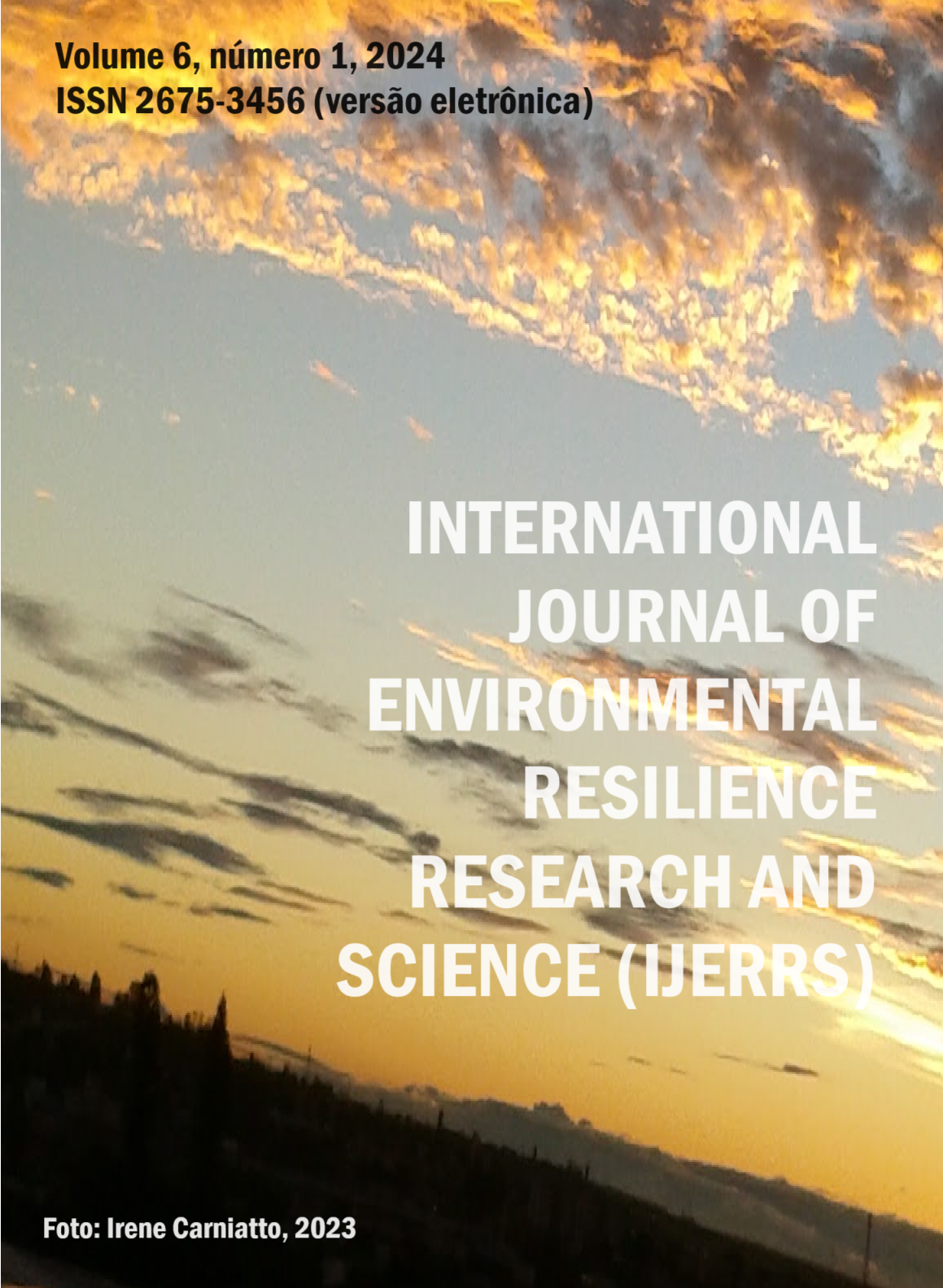Training in Environmental Education and Municipal Basic Sanitation
DOI:
https://doi.org/10.48075/ijerrs.v5i2.32374Abstract
Abstract: This text presents discussions about the integration between environmental education and basic sanitation during an extension activity aimed at integrating students, public entities, and social movements. It results from the monitoring of activities triggered by the implementation of a training course, with the objective of reporting on the contours of the links affecting teacher training in environmental issues. Methodologically, recognized instruments such as documentary research mediation, participant observation, and content analysis were employed. The collected data indicate a process of systematization and understanding required as learning, whose indicators resulted from the implementation of a course integrating different social actors in favor of the challenges posed by the urgency of basic sanitation in an urban territory. Continuing education in environmental education had as its central axis to articulate reflections and experiences on the theme of basic sanitation. The course, which represented inclusive education in the sense of incorporating non-usual themes, was an opportunity to discuss the relationship between theory/practice, as well as pedagogical practices suitable for strengthening public policies.
Keywords: Sanitation. Environmental Education. Teacher Training. Environmentalization.
Downloads
Published
How to Cite
Issue
Section
License
Copyright (c) 2024 International Journal of Environmental Resilience Research and Science

This work is licensed under a Creative Commons Attribution-NonCommercial-ShareAlike 4.0 International License.
Aviso de Direito Autoral Creative Commons
Política para Periódicos de Acesso Livre
Autores que publicam nesta revista concordam com os seguintes termos:
1. Autores mantém os direitos autorais e concedem à revista o direito de primeira publicação, com o trabalho simultaneamente licenciado sob a Licença Creative Commons Attribution que permite o compartilhamento do trabalho com reconhecimento da autoria e publicação inicial nesta revista.2. Autores têm autorização para assumir contratos adicionais separadamente, para distribuição não-exclusiva da versão do trabalho publicada nesta revista (ex.: publicar em repositório institucional ou como capítulo de livro), com reconhecimento de autoria e publicação inicial nesta revista.
3. Autores têm permissão e são estimulados a publicar e distribuir seu trabalho online (ex.: em repositórios institucionais ou na sua página pessoal) a qualquer ponto antes ou durante o processo editorial, já que isso pode gerar alterações produtivas, bem como aumentar o impacto e a citação do trabalho publicado (Veja O Efeito do Acesso Livre).
Licença Creative Commons
Esta obra está licenciada com uma Licença Creative Commons Atribuição-NãoComercial-CompartilhaIgual 4.0 Internacional, o que permite compartilhar, copiar, distribuir, exibir, reproduzir, a totalidade ou partes desde que não tenha objetivo comercial e sejam citados os autores e a fonte.









